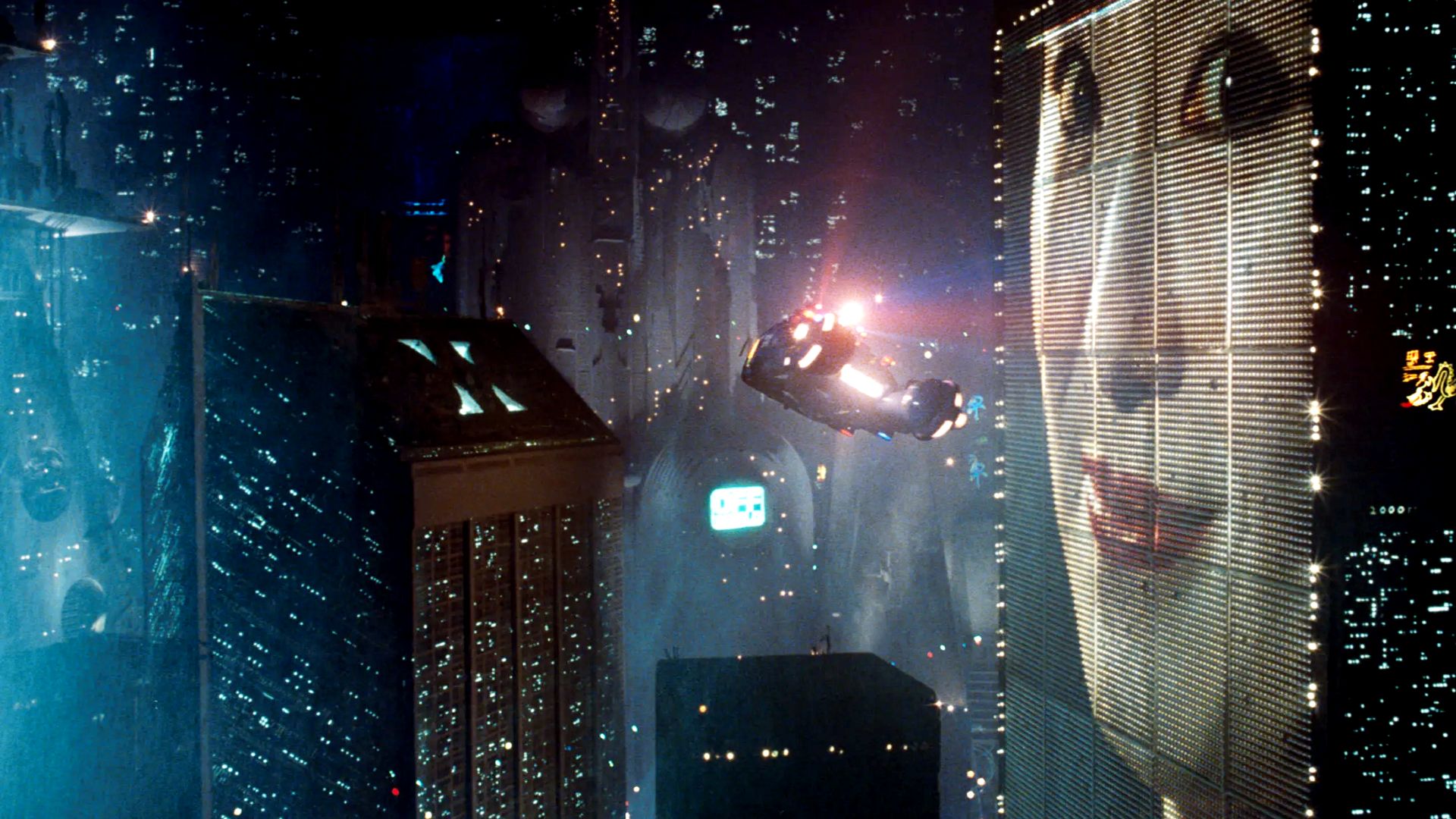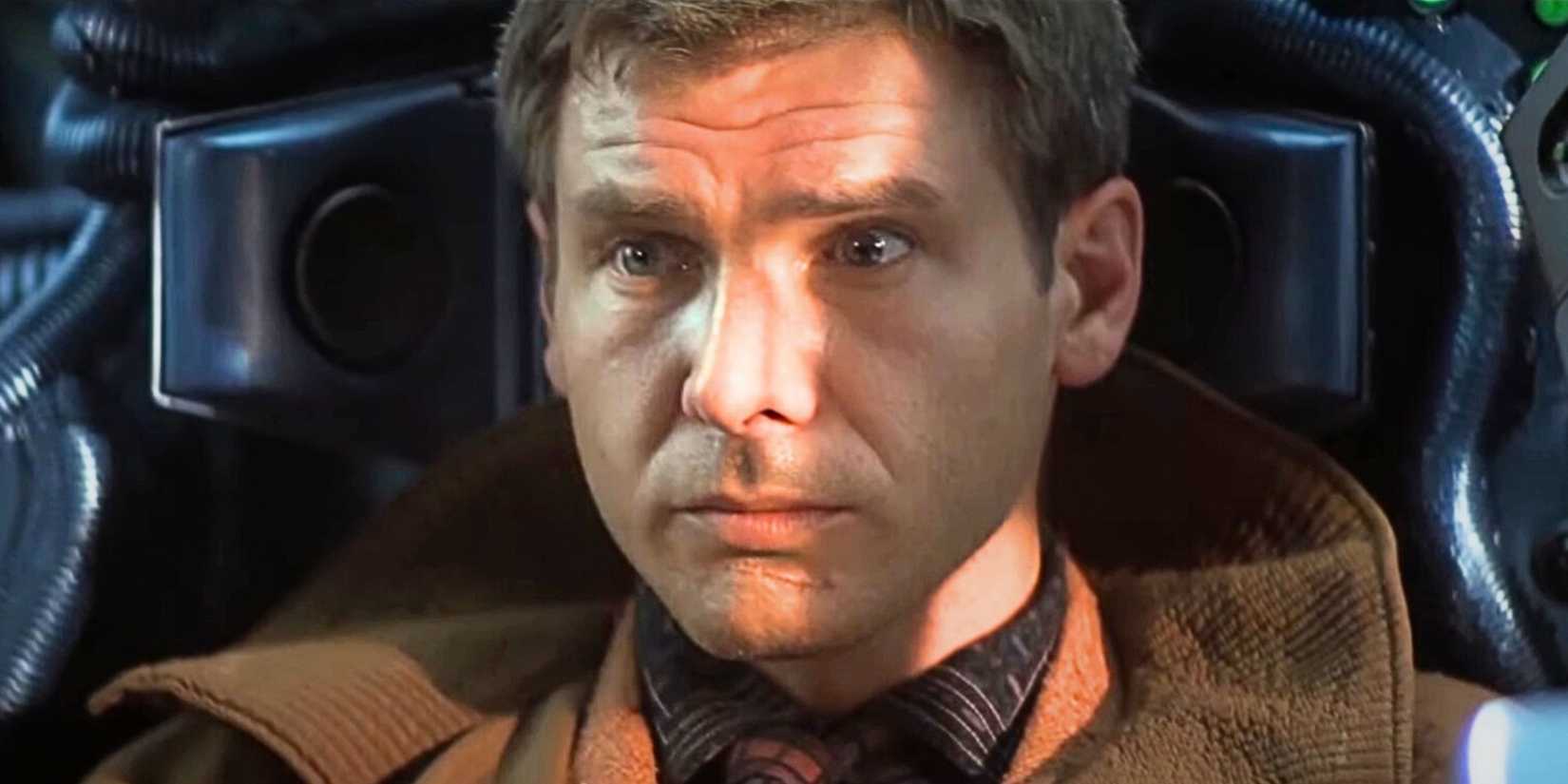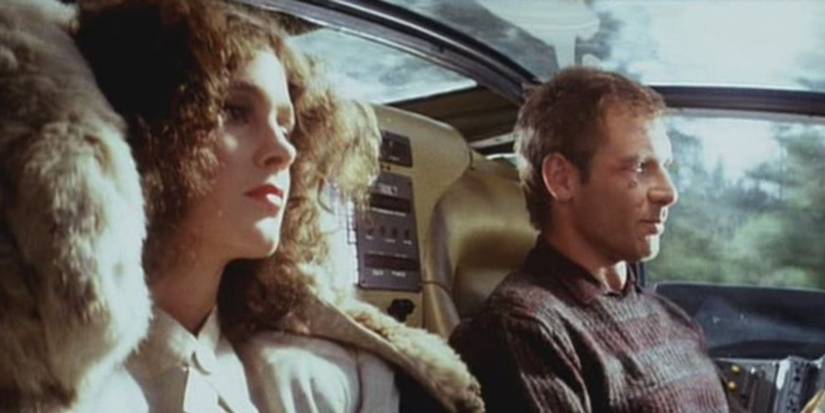
Most films only have one director’s cut, but Blade Runner is unique, having a director’s cut, a “workprint” cut, a final cut, and various other modified versions. This stems from disagreements over changes made to Ridley Scott’s initial concept. The theatrical release of Blade Runner notably removed important scenes and created a more optimistic conclusion for the characters Deckard and Rachael.
The debate over which version of Blade Runner is the definitive one continues, with many favoring either Ridley Scott’s director’s cut or the final cut. However, the original theatrical release still has its fans, including Christopher Nolan. While almost any change between the versions can be justified, there’s one addition that’s particularly hard to defend.
Deckard’s Narration Was Always Bad, But It’s Even Worse Today

The original theatrical release of Blade Runner included narration by Harrison Ford as Deckard. This was added at the studio’s request because test audiences found the film confusing. However, both director Ridley Scott and Ford have disliked the voice-over. Scott removed it in subsequent versions of the film, and Ford has stated, according to Variety, that he prefers any cut of the movie without the narration.
It’s easy to understand Ford’s perspective. When you initially watch Blade Runner, the voice-over narration feels overly explanatory and awkward. A prime example happens early in the film: after Blade Runner subtly suggests Deckard is starting to develop feelings for Rachael, Ford’s narration bluntly states those feelings, immediately removing any sense of mystery.
The storytelling style, which feels like reading a personal diary, doesn’t quite fit with Deckard’s character, who is usually portrayed as reserved and mysterious. Adding to the problem, Harrison Ford’s voice-over sounds flat and unenthusiastic – like he’s barely trying. There was a long-held belief that Ford deliberately gave a poor performance, hoping to prevent the voice-over from being used. However, Ford has since stated that wasn’t his intention (according to an interview in Playboy).
While the voiceover in Blade Runner wasn’t great to begin with, it’s become even more difficult to watch now with the benefit of time and hindsight.
As a film lover, I really appreciate a good voiceover when it’s done well – it can give us a deeper understanding of what a character is thinking and feeling, and really connect us to their journey. But the narration in Blade Runner is a different story. It feels like it was only there to explain things, and while it’s a bit of a shock the first time you see the movie, honestly, it gets incredibly annoying on subsequent viewings. It’s like having a friend constantly narrate the plot to you, even after you’ve told them you know what happens – you just want to tell them to be quiet and let you enjoy the movie!
It’s disappointing, because Blade Runner is a film that rewards repeat viewings – you can watch it again and again to debate whether Deckard is a replicant, appreciate its stunning visuals, or explore its deeper meaning. However, Harrison Ford’s monotonous commentary really detracts from the experience.
Deckard’s Narration Directly Hurts Blade Runner’s Ending

Rewatching Blade Runner is rewarding because it changes how you see certain scenes. For instance, knowing that Deckard and Rachael end up together makes their first meetings and the Voight-Kampff test feel different, and it also gives Roy Batty’s thoughts on life and death more meaning.
The core of the story is Deckard finding love with Rachael, a replicant facing a limited lifespan – something Roy Battys desperately sought: acceptance of life’s uncertainties instead of constant fear. However, the original theatrical release undermines this powerful idea by establishing Rachael as uniquely different, with an indefinite lifespan, essentially making her no different than a human. This diminishes the significance of Deckard loving a replicant in the first place, as the central conflict and emotional weight are lost.
The overly optimistic ending of Blade Runner feels off-putting even on a first viewing, but it becomes more frustrating on subsequent watches. We see Deckard fall in love with Rachael, knowing she doesn’t have the limited lifespan of other replicants. This makes you question whether he’d feel the same way if she only had a short time to live, ultimately weakening the emotional weight of his choice and making the original theatrical cut less satisfying to revisit.
Read More
- Clash Royale Best Boss Bandit Champion decks
- Vampire’s Fall 2 redeem codes and how to use them (June 2025)
- Mobile Legends January 2026 Leaks: Upcoming new skins, heroes, events and more
- World Eternal Online promo codes and how to use them (September 2025)
- Clash Royale Season 79 “Fire and Ice” January 2026 Update and Balance Changes
- Best Arena 9 Decks in Clast Royale
- Best Hero Card Decks in Clash Royale
- Clash Royale Furnace Evolution best decks guide
- FC Mobile 26: EA opens voting for its official Team of the Year (TOTY)
- Clash Royale Witch Evolution best decks guide
2025-11-23 23:49